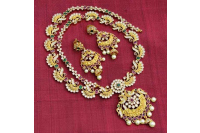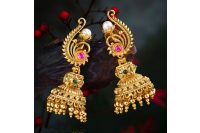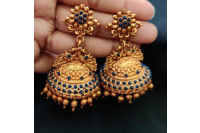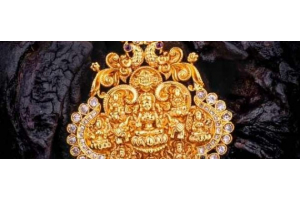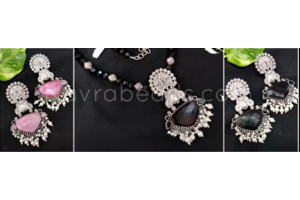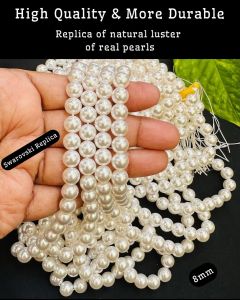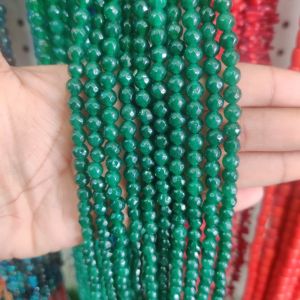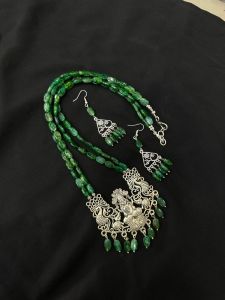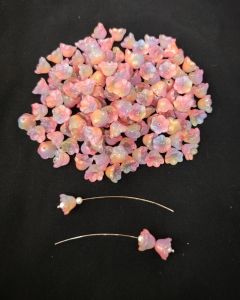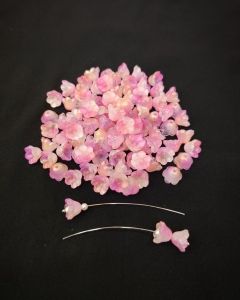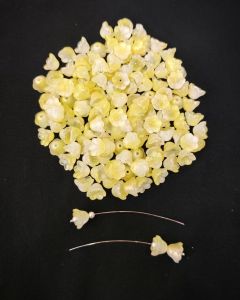This website uses cookies to ensure you get the best experience on our website. Read more
Pongal special necklaces
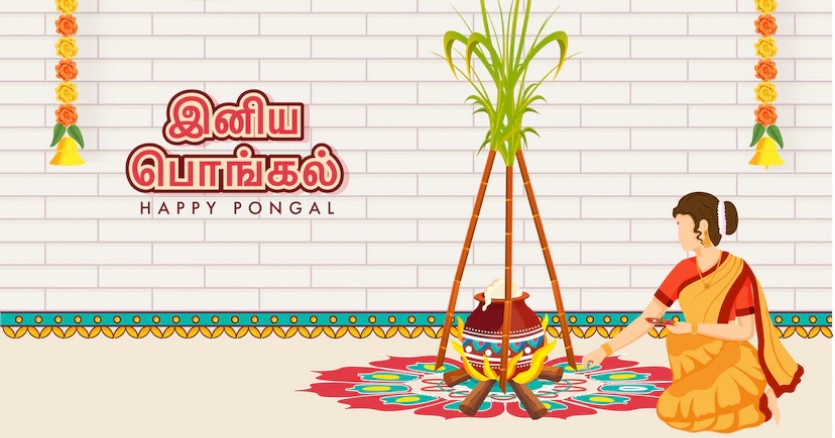
Pongal is a traditional Hindu festival celebrated in the South Indian states of Tamil Nadu, Andhra Pradesh, and Karnataka. It is a four-day festival that falls in the month of Thai, which corresponds to the period between mid-January and mid-February in the Gregorian calendar. Pongal is a celebration of the harvest season and is marked by a number of rituals and traditions, including the wearing of traditional hand-made necklaces.
There are several reasons why wearing traditional hand-made necklaces is considered auspicious for Pongal celebrations. First and foremost, these necklaces are considered to be a symbol of prosperity and good luck. In Hindu culture, it is believed that wearing certain types of jewelry, particularly those made of gold or other precious metals, can bring good fortune and blessings.
In addition to being a symbol of prosperity and good luck, traditional hand-made necklaces are also seen as a way to honor the gods and goddesses. Many Hindus believe that by wearing these necklaces, they are paying respects to the deities and seeking their blessings.
Furthermore, traditional hand-made necklaces are often made using a variety of materials, such as beads, shells, and seeds, which are believed to have special powers and significance. For example, some people believe that wearing necklaces made of shells can protect against evil spirits and negative energies, while others believe that seeds and beads have the power to bring good luck and abundance.
Finally, wearing traditional hand-made necklaces is also a way for Hindus to celebrate their culture and traditions. These necklaces are an important part of the traditional attire worn during Pongal celebrations, and wearing them helps to preserve and promote the cultural and artistic traditions of the region.
Overall, the wearing of traditional hand-made necklaces during Pongal celebrations is considered auspicious for a number of reasons. These necklaces are symbols of prosperity and good luck, a way to honor the gods and goddesses, and a way to celebrate the culture and traditions of the region.

